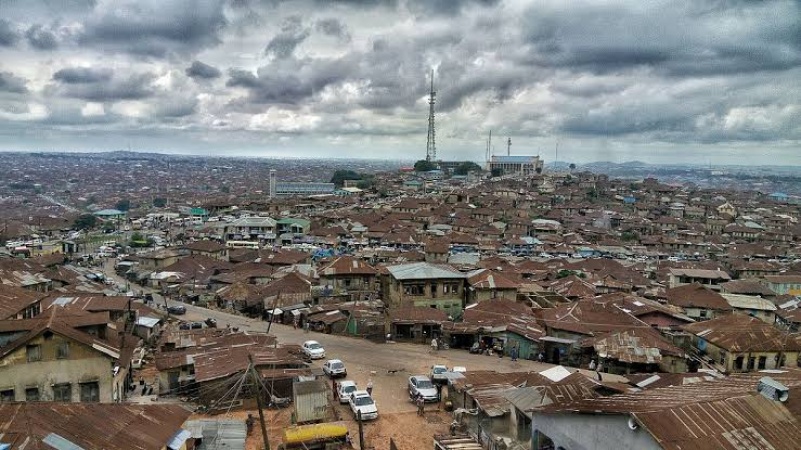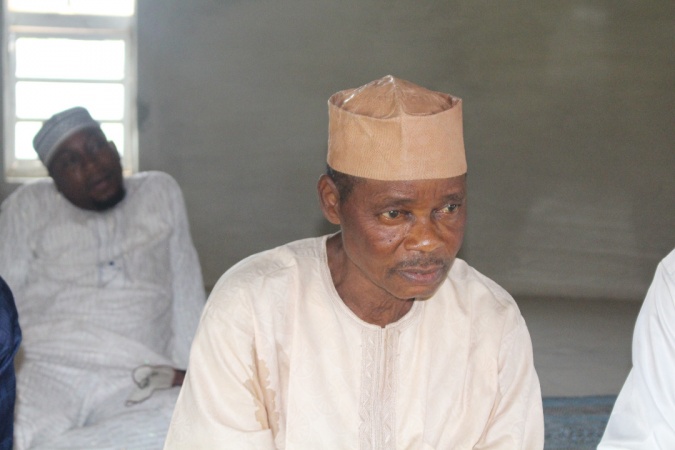How the Monkeypox outbreak in Nigeria can be curtailed
Posted by Ahmed Iyanda | 3 years ago | 1,197 times

Monkeypox is a rare viral zoonosis (a virus transmitted to humans from animals) with symptoms in humans similar to those seen in the past in smallpox patients, although less severe. The virus is transmitted to people from various wild animals but has limited secondary spread through human-to-human transmission.
According to the World Health Organization (WHO), human monkeypox was first identified in a 9-year-old boy in 1970 in the Democratic Republic of Congo (then known as Zaire). And since then, monkeypox has been reported in humans in other central and western African countries including Nigeria, Cameroon, Gabon, Côte d'Ivoire, Liberia, Central African Republic, Congo, South Sudan and Sierra Leone.
The symptoms of Monkeypox are similar to that of smallpox infection. They include fever, skin rash (which looks like blisters), headache, backache, swollen lymph nodes (glands), chills and unusual tiredness among others. These symptoms may last two to three weeks as the period of manifestation. This means that the incubation period (infection to manifestation of symptoms) is about 14 to 21 days—that is how long it takes for someone to know if they have monkeypox.
According to Nigeria Centre for Disease Control (NCDC), the exact reservoir of monkeypox is still unknown although African rodents are suspected to play a part in transmission. The virus can spread both from animal to human and from human to human with transmission occurring when a person comes into contact with the virus from an infected animal, human, or materials contaminated with the virus such as bedclothes. The virus enters the body through broken skin (even if not visible), the respiratory tract, or the mucous membranes of the eyes, nose, or mouth.
Recently, the Federal Government of Nigeria banned the sales and consumption of bush meats in order to prevent the spread of the Monkeypox pathogen. The announcement of the ban was made through the Ministry of Agriculture and Rural Development following the official confirmation of Monkeypox in Nigeria by the Nigeria Centre for Disease Control on May 29, 2022. A total of 21 confirmed cases with one death have been reported from 9 states and the FCT as of the date mentioned above- Adamawa (5), Lagos (4), Bayelsa (2), Delta (2), Cross River (2), FCT (2), Kano (2), Imo (1), Rivers (1). The death was reported in a 40-year-old patient who had underlying co-morbidity and was on immunosuppressive medications.
Just like Ebola and COVID-19, Nigerians ought to take extra precautionary measures to ensure that the outbreak of the monkeypox virus is nipped in the bud before it spreads to become endemic. As listed by the Centre for Disease Control (CDC), these are some precautionary measures that can be taken to prevent the rapid spread of the disease:
- Avoid contact with animals that could harbor the virus (including animals that are sick or that have been found dead in areas where monkeypox occurs).
- Avoid contact with any materials, such as bedding, that has been in contact with a sick animal.
- Isolate infected patients from others who could be at risk for infection.
- Practice good hand hygiene after contact with infected animals or humans. For example, washing your hands with soap and water or using an alcohol-based hand sanitizer.
- Isolation of infected patients, including use of personal protective equipment and implementation of standard infection control precautions by health workers.
- Regular hand washing after caring for or visiting sick people.
- Public health education on preventive measures.
In order to forestall a global health crisis, as COVID-19 did, everyone has their role to play by adhering to the preventive measures as given by the NCDC.







